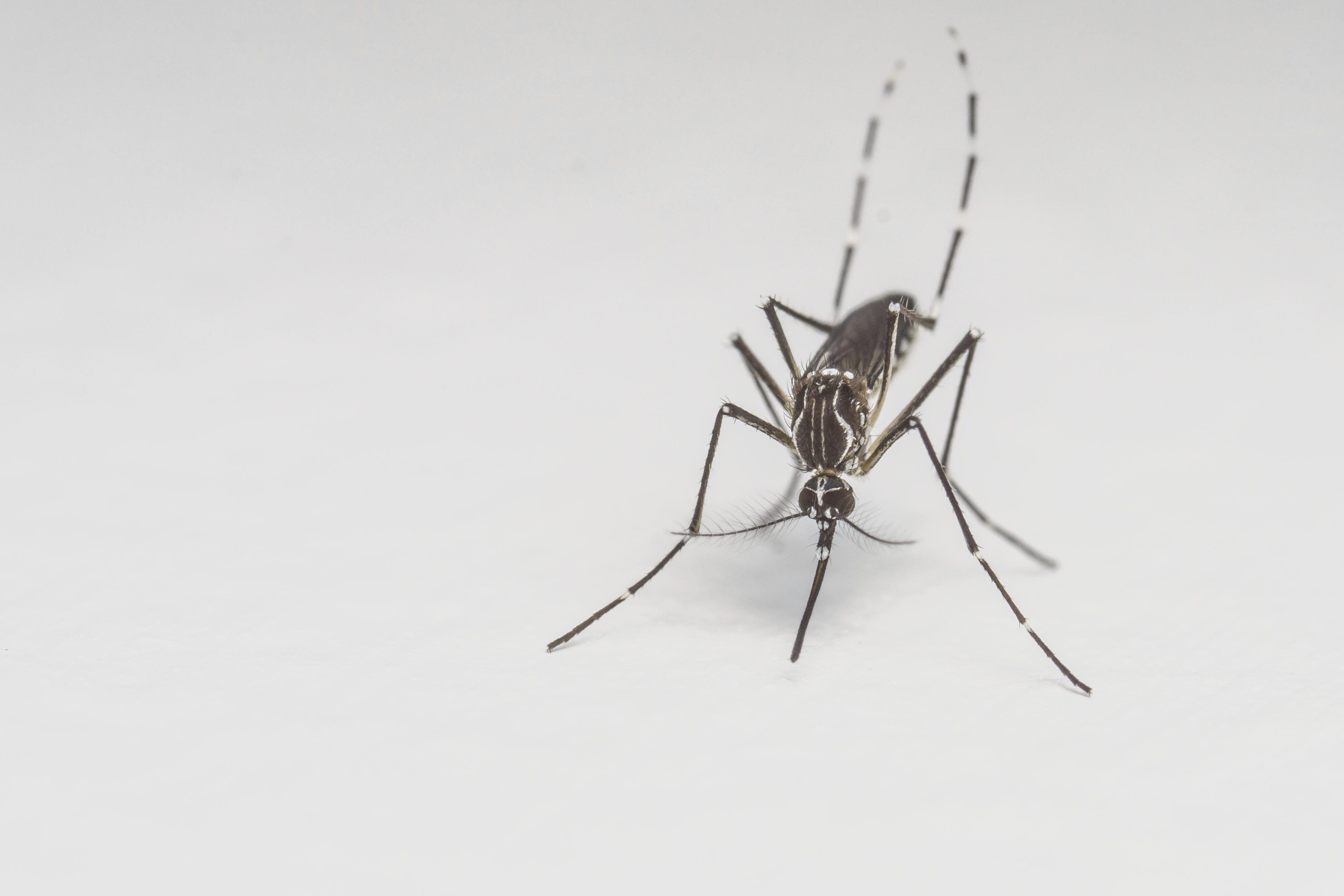
LSTM has been awarded over £400,000 from the Medical Research Council (MRC), the Newton Fund and the Wellcome Trust to carry out research into the Zika virus, as part of a rapid response to the current outbreak in the Americas.
Money has been awarded to four projects involving LSTM, the first of which is led by LSTM’s Professor Luis Cuevas and aims to develop novel point-of-care diagnostic tools for the simultaneous diagnosis of Zika, chikungunya and dengue infections in Latin America. Professor Cuevas will work with others at LSTM, including the Research Centre for Drugs and Diagnostics (RCDD), along with institutions in Brazil and Guatemala.
Professor Cuevas said: “The Americas are experiencing simultaneous arbovirus epidemics which are transmitted by the same mosquito vectors and have overlapping clinical symptoms. We propose to develop sensitive diagnostic tests that can identify dengue, Zika and chikungunya simultaneously, building on assays already developed at LSTM to identify dengue and chikungunya. These tests will be quick and suitable for use at primary care level, with rapid confirmation of infection allowing for more effective clinical management of populations currently at risk.”
Another award will look at the development of low-technology insecticide emanators to protect against transmission of the disease through control of the mosquito vector. Existing repellents that are effective against day-biting mosquitoes, particularly those that are active outside, are typically not long lasting. Led by LSTM’s Dr Gerry Killeen the project will see the use of a novel emanator, which provides up to four months protection against malaria mosquitoes, adapted to become effective against the vectors of Zika.
Dr Killeen explained: “Originally developed with our African partners as a local solution to a local malaria problem, we will now adapt the emanators for use against Zika all across the tropics, and will combine this with the deployment of a novel trapping device. This can be used to measure the attack rate of mosquitoes, demonstrating the effectiveness of the emanators without harm to human volunteers.”
A third involves LSTM’s Drs Philip McCall and Gareth Lycett as co-investigators on an award which will assess the susceptibility of South American and European vectors to Zika infection. The work carried out at LSTM will involve the experimental infection of key mosquito species in our specialist containment laboratories to assess their ability of carrying the virus.
A further grant has been awarded to honorary LSTM Fellow Professor Tom Blanchard from the University of Manchester who will be looking at a novel vaccine candidate for the virus.
The announcement also marks a success for the North West region as a whole, with over 25% of the total funding available being awarded to LSTM, the University of Liverpool and the University of Manchester.